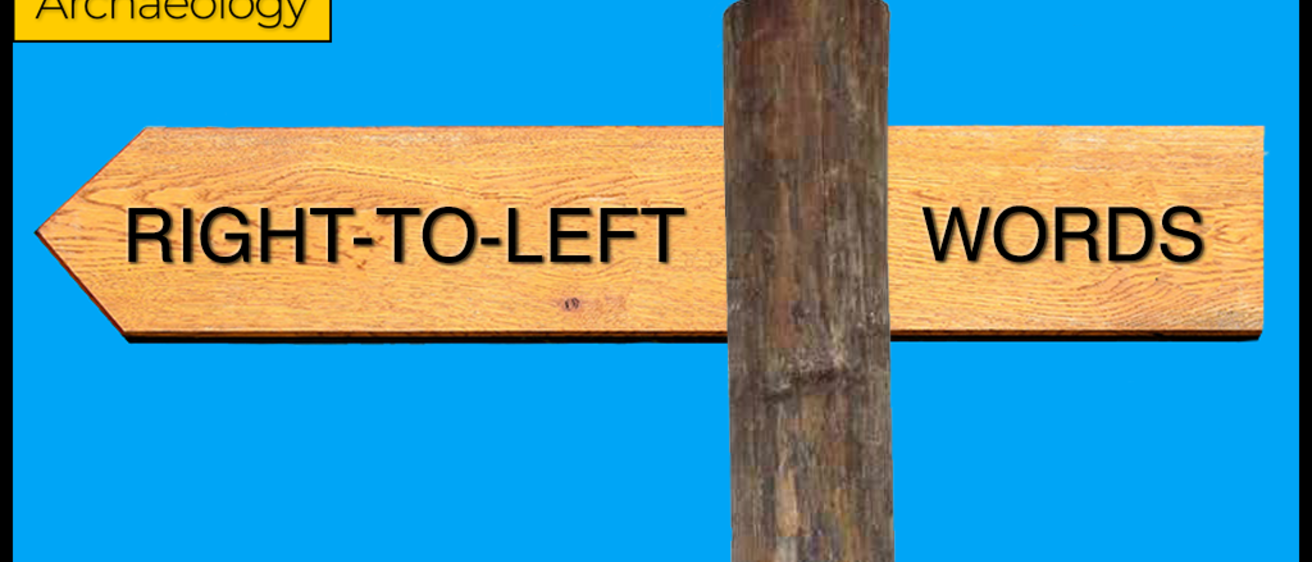The Hebrew verb נשׁך (nâshak) means "to bite" and is used to describe the biting of a serpent. For example, when the Israelites complain about conditions in the desert in Numbers 21, verse six describes how God responded: "Then the LORD sent poisonous serpents among the people, and they bit (וינשׁכו) the people, so that many Israelites died," causing the Israelites to beg for mercy and forgiveness in verse seven.
There are two instances where נשׁך (nâshak) appears figuratively to describe the actions of humans. However, translators in both occurrences tend away from rendering these occurrences literally, given the context of their use. In Micah 3:5, נשׁך (nâshak) is used to describe the actions of false prophets: "Thus says the LORD concerning the prophets who lead my people astray, who cry 'Peace' when they have something to eat (הנשׁכים) (literally: something to bite), but declare war against those who put nothing into their mouths." The other human use of נשׁך (nâshak) is in Habakkuk 2:7, where it describes the actions of creditors: "Will not your own creditors suddenly rise (נשׁכיך) and those who make you tremble wake up?" Here translators draw on the rising action of a snake as it goes to strike rather than the moment of the bite.
